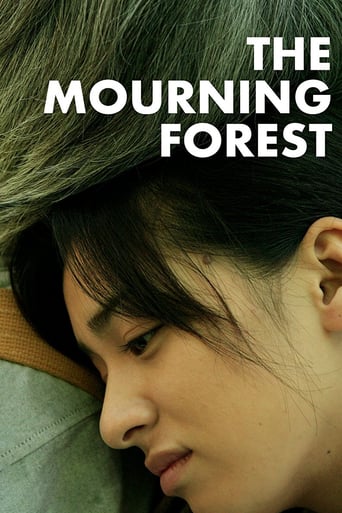


The Mourning Forest
A young woman working at a retirement home takes an elderly man living there on an excursion into the countryside, but the two wind up stranded in the titular forest.
-
- Cast:
- Machiko Ono , Makiko Watanabe , Yoichiro Saito


Similar titles
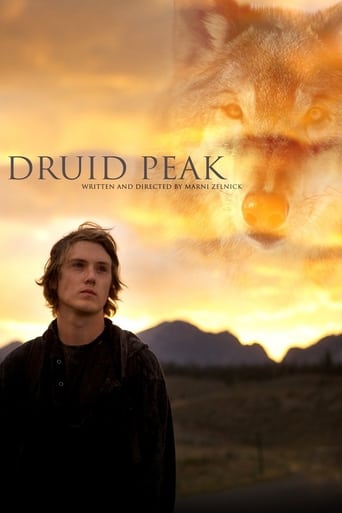
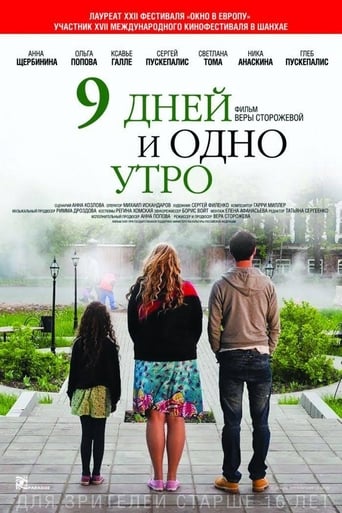
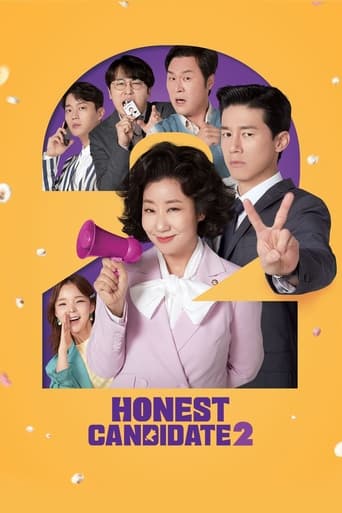




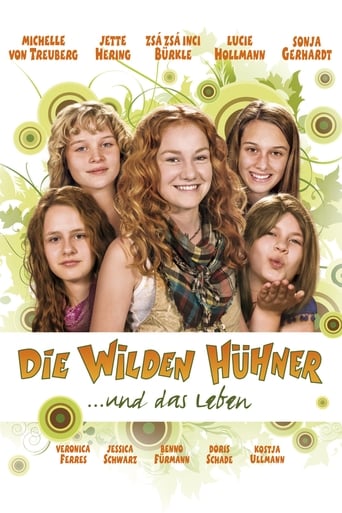
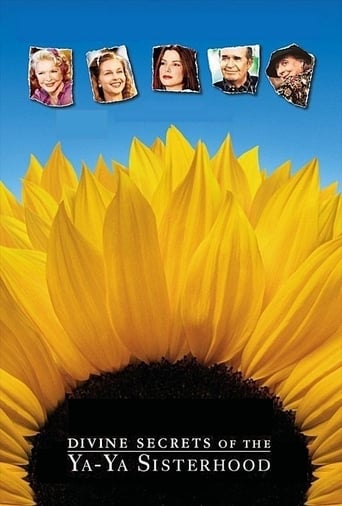
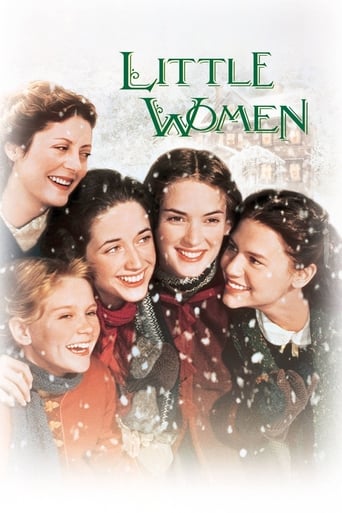
Reviews
Wonderful Movie
i must have seen a different film!!
When a movie has you begging for it to end not even half way through it's pure crap. We've all seen this movie and this characters millions of times, nothing new in it. Don't waste your time.
It is neither dumb nor smart enough to be fun, and spends way too much time with its boring human characters.
Machiko starts work as a caregiver in a rural Old Folk's Home, seemingly setting out on a new life after the traumatic loss of her child. There she meets Shigeki, who seems to take to her because her name is similar to that of his beloved wife who passed away 33 years previously. Thirty-three years is an auspicious time, says a Buddhist priest to Shigeki, because his wife can now enter nirvana. The priest's words, the arrival of Machiko, and another birthday seem to spark something inside the mentally diminished Shigeki. When Machiko takes him out for the day, a car accident sets off a chain of events that will push both Shigeki and Mahciko to extremes, and respective epiphanies.That is as much conventional narrative interpretation as this episodic, dreamlike piece can sustain. The set up is deftly handled, with the protagonists' tragedy revealed in violent confrontation with Machiko's husband, and opaque but insistent resistance from Shigeki. Makiko Watanabe exemplifies the low-key, naturalistic performances from the actors, seemingly in balance with the amateur octogenarians around them. A game of hide-and-seek in tea fields is endearing.However, the best and worst of art-house is on display here. The mountains, forests and streams of Nara look magical and immortal. The sense of timelessness set in contrast to the fading mortality of the care-home residents is profound. However, once the story moves towards Machiko and Shigeki's journey through the forest, the shots are held longer, the lines become sparse and difficult to fathom, and there is a lot of walking, walking, walking... I get that these two are on a journey that will help them realise, for Shigeki, that his life has had meaning, and that for Machiko, there is a way to go on through human connection. Somehow this is brought to them by hugging a large dead tree. And falling in streams. And digging. And walking, lots of walking.It looks beautiful, the actors are charismatic, but I am not sure there is really anything else there. Once Upon a Time in Anatolia dealt with similar themes, but more poetically, with more startling, painterly images, and with a deeper resonance. The Mourning Forest opens with a promise, but ultimately it does not live up to it.
Machiko is a caregiver at a nursing home, Shigeki is one of the residents. Machiko is grieving the (apparently recent, though it's unclear) death of her young son, while Shigeki still mourns the loss of his wife, 33 years earlier. Their relationship to each other and to their grief during an excursion when they get lost in the woods. Their bond is complicated by Shigeki's dementia, whose often childlike behavior surely resonates with Machiko. It's an interesting, contemplative and spiritual exploration of grief with some lovely moments. Without spoiling anything, a charming early scene of Shigeki at the piano takes on a heartbreaking twist. Later, as Machiko desperately tries to control his reckless quest through the forest, we get hints of how she lost her child and the unresolved feelings she has.Although there are gorgeous scenes (the two playing amidst rows of geometrically carved hedges, for example) the hand-held cinematography isn't doing the film any favors. It may have been more appropriate in the latter half, as their journey takes them deeper into the wild. But the shaky camera-work throughout the entire movie adds nothing. Maybe it just comes naturally to Naomi Kawase, whose work is primarily in documentaries (although she's no stranger to drama).I don't know if this is an accurate representation of a Japanese senior facility, or an idealized one. I know that respect for elders is more ingrained in their culture. The home certainly appears to be a great deal more comfortable, dignified and serene than what we have. Perhaps it's a very expensive one, though we get no hints that Shigeki is particularly wealthy.I thought it could have explored its themes a bit deeper, and there are the aforementioned camera issues, but overall I liked the film a great deal. It ends on a strikingly beautiful note. I'd like to see more by Kawase.
The story is deceptively simple, but the psychological depth of the characters and the deep symbolism captured in the everyday scenes of rural Japan are astounding. This movie never gives you too much, never lets you take anything for granted, never lets you have a clear resolution. Some of the symbols, I admit, may not be as resonant with non-Japanese audiences, and lack the emotional weight that they'd give someone familiar with Japan. The subtle changing of the foliage from early to late summer, the association of summer with the return of spirits, the idea of "mogari" as an ancient mortuary ritual of "temporary burial" that implies a return from beyond-- all of this is set far in the background of the central story of two grieving people, who, despite so many other differences between them (old/young, caregiver/cared for) can find some sort of healing connection with each other. Perhaps this is why some think it is boring. They're following the movement of individual characters rather than the whole movement of the story. The story moves from the close-shot, narrow confines of life in the old folks home, to the field (cultivated nature) in the chasing scene, to the forest (wild nature). Along the way, the psychological strain of grief becomes gradually more wild, more natural, and more capable of finding meaning, however incomprehensible. Watching "mogari" requires an eye for these subtle changes, which the actors portray compellingly, (almost as if it was a documentary), as well as a deep willingness to empathize with the characters. If you can do this, the movie will take you on an emotional roller-coaster throughout. Perhaps that's just part of the nature of grief.
The attraction of indie to me is the feeling of "living" and quietness, the subtle human sentiments and emotions reeked from the ordinary stories in normal daily living. Mega-multi-million productions are stunning in many ways but they are too "drama", not living. We need indie as antidote.Since the 1990s, the world movie industry doesn't seem to produce many female directors and how happy we have Kawase, whose works mostly shot with Nara as backdrop. In the peaceful quietness, she is able to capture the meticulous subtlety of human touch and warmth.Young Machiko and old Shigeki are both bereaved with great sadness. One day they have an outing in the countryside and bad weather suddenly comes. Their journey is journey of healing as Shigeki is looking for the burial location of his wife Mako who passed away 33 years old. He wants to return to her as a means to cease his mourning. To me, the most touching episode is when they wade through the small brook which is suddenly flooded by rain water. The long-silent Shigeki, just like the abrupt influx rain-water, suddenly tells Machiko that the running water will not return to its source. It is a condolence and advice to this young woman whose baby has died: let bygones be bygones, people died, they died without any return. The speedy running brook and her fast running tears are important symbols of healing: they wash away her pain.The natural beauty of Nara is exhibited superbly with the actors' natural performance. By the way, it is the very first appearance of the 61-year-old amateur Shigeki Uda. Naomi Kawase just got to know him for very short time somewhere at her hometown while she was preparing for the shooting.
